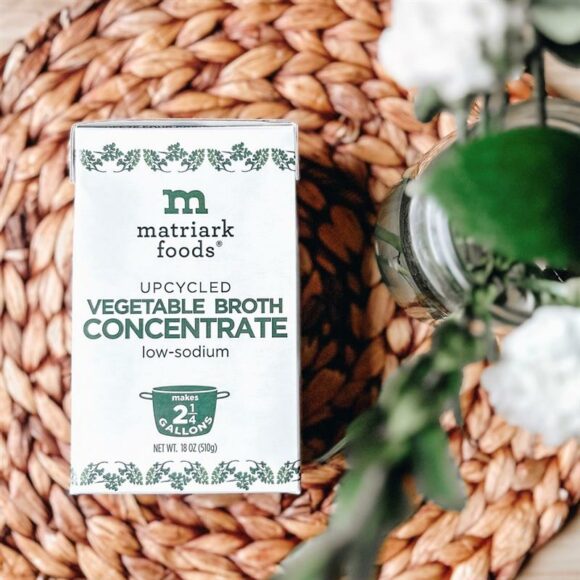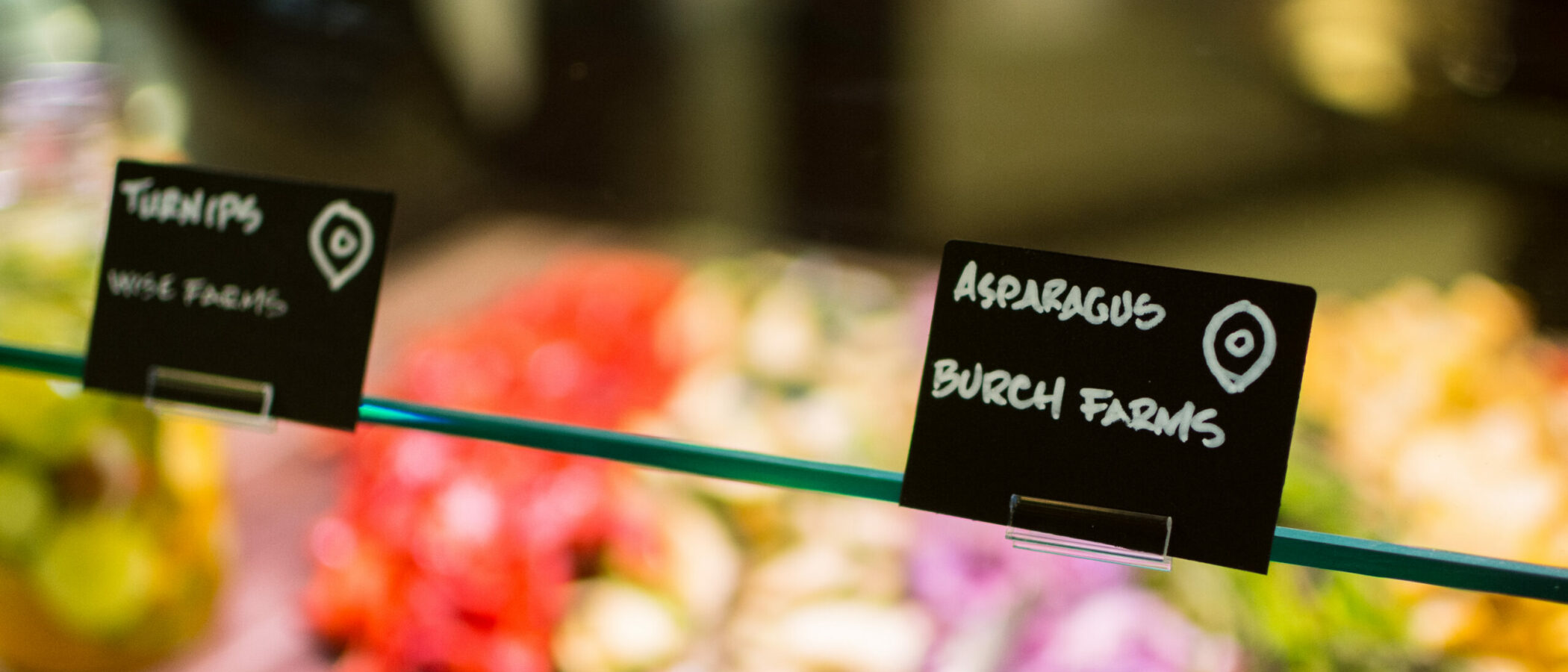
Sustainability
we make local easy
It all starts in our community. Our culinarians and sustainability teams take pride in working with local food systems, along with third party certified suppliers across the country to ensure we are sourcing our food the right way. Our sustainability efforts don’t stop there. We work hard to utilizing reusables and compostable materials in our restaurants, ensure that our facilities follow sustainable practices, and align ourselves with the goals of our campus and community.
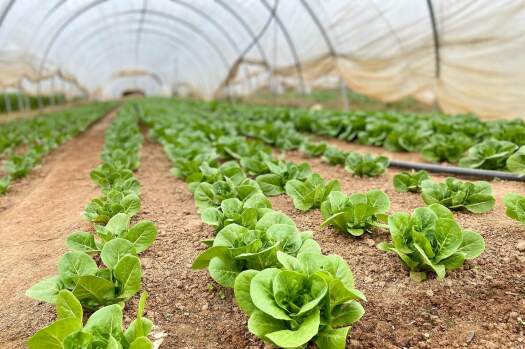
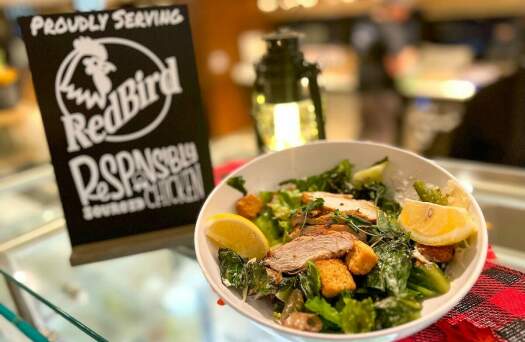

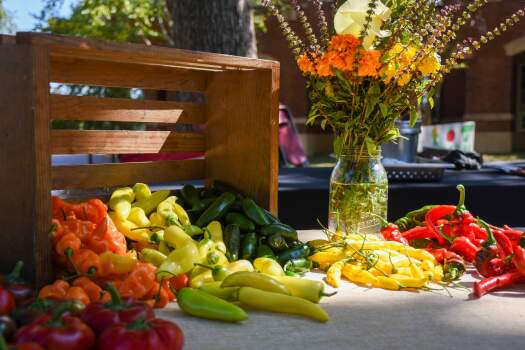
contributing to a responsible food system
Our dining team strives every day to create a responsible dining program. From working to minimize waste, support local partners with responsible sourcing, and creating green dining facilities, we are always looking for new ways to care for our world through a sustainable food system.
Our team is passionate about incorporating local, seasonal ingredients into menus as much as possible. Ranger Dining has implemented a preferential purchasing system that identifies food grown or produced within 150 miles, and its sustainable attributes. Local produce is harvested closest to its peak for a fresher, more flavorful nutrient-filled result. Not only do local foods tend to be fresher, local purchasing reduces transportation-related carbon emissions and invests money into community-based operations. Look for locally grown signage to taste the best flavors our area has to offer, celebrate the season selections, and support the local efforts of our community!
Plant based foods (vegetables, whole grains, beans, etc) are proven to have a lower environmental impact than resource intensive animal products. With continuous recipe development for vibrant and unique plant-based options, Ranger Dining provides diverse, complete-protein vegan dining options at The Table and menu options dedicated to plant based in our retail locations. Our partnership with coolfood allows us to provide low carbon and nourishing meals to our diners on campus. Next time you visit The Table look for the CF icon!
Our livestock farmers and ranchers share our high standards for humane animal treatment and environmental sustainability. We source beef, chicken and milk from farms using regenerative agriculture principles, and certified animal welfare practices.
We serve milk from Meadow Gold Dairy. When it comes to dairy local Meadow Gold dairy believes some things can never change or be compromised. Their products come from local, family-owned farms and they never use artificial growth hormones in their products.
You’ll always find Red Bird Chicken at the Table. Red Bird believes in humanely raised and cage free chickens. They never use antibiotics, hormones or additives.
Ranger Dining recognizes the need for social and environmental responsibility towards farm workers, our customers, and our communities. Benefits of these programs for farmers mean community development, health, education, and environmental stewardship.
One of Harvest Table’s missions is partnering with sustainable, equitable and responsible brands. In addition to our many local brands we’ve added four new brands to our organization that are in alignment with the Harvest Table and Regis mission:
- Matriak Broth – This women-owned and operated company is on a mission to scale access to healthy food for the benefit of people AND the environment. Taking misshapen vegetables that would normally never be harvested and turning them into food products allows them to reduce food waste that would typically end up in a landfill. Additionally, their eco-friendly packaging diverts .9 pounds of waste from a landfill when compared to typical broth packaging. Next time you’re at the table try one of our delicious house-made soups, you’ll likely be enjoying the sustainable flavor of Matriark Broth.
- Tractor Beverage – Not only is Tractor Beverage a Denver based brand, but it also has some incredible environmental impacts. Their products are sustainable, organic and non-GMO! We love that each beverage
- Boulder Organic Coffee: Both Fair Trade Certified and Organic this hand-crafted local coffee will be entering Regi’s Roast Fall 2024 and we couldn’t be more excited.
- Harmless Harvest: Sustainable farming practices are at the core of this organically crafted coconut water. You’ll find this hitting the shelves in our retail locations fall 20204.
waste minimization
Through reusables, compostables, and recyclable materials, our teams strive to reduce waste in all forms. Harvest Table at Regis is also enrolled in compost and recycle programs that allows us to repurpose food waste.
Changing the world from disposable to reusable one meal at a time with Green Box To-Go containers.
The Green Box Solution is a system that begins with a one-time purchase at The Table at Regis. With their purchases guests receive a green box or a token they can use during their next visit to redeem a box.
Guests bring their container to The Table and can fill it with food to take their meal to go.
Once they are done with the meal, the container can be returned to The Table where we will take care of the cleaning process. In exchange for the container guests can receive another green box or a token to redeem their clean green box at a later date!
Ranger Dining composts pre and post-consumer food waste. By diverting our food waste to compost, we decrease our landfill footprint and contribute to nutrient rich soil. Additionally, we work with our associates to find creative ways to reduce waste this ranges from training associates on knife skills to reduce trim waste to repurposing parts of produce that are often thrown away.
Ranger Dining recycles pre-consumer plastic, paper, cardboard, and aluminum, and partners with the University of Redlands to provide post-consumer recyclable options when compostable isn’t available.
During meal service our supervisors guide each chef on how much food to produce in an effort to reduce waste. They utilize data from previous meal service and guest volume for that day to guide these decisions.
